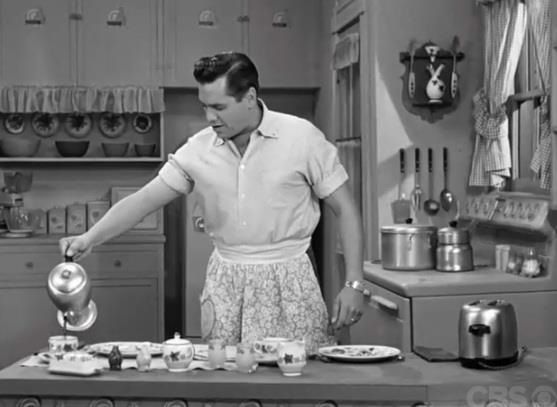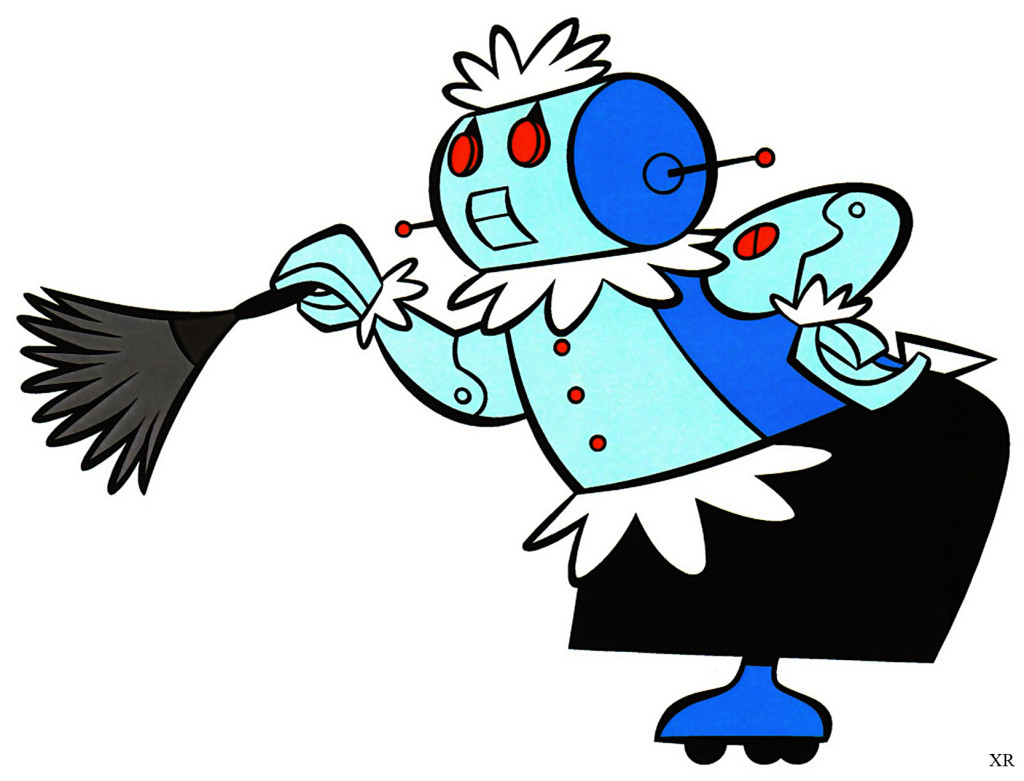
After baby transforms the two of you into a family, everything changes. Frankly it takes a while to find your equilibrium. New parents often feel overworked and overwhelmed. Everything is new.
As marriage and family therapists we have noticed that often a couple’s thoughts about sex change after a baby.
Women can transition from thinking about sex and desiring their husbands, to thinking of excuses to avoid him.
Sex easily finds itself on a list of mundane tasks that must be completed or their husband is going to get upset. Those thoughts derail a young couple’s affectionate and intimate relationship. Esther Perel, a marriage and family therapist writes brilliantly about this stage,
“It’s not children who extinguish the flame of desire: it’s adults who fail to keep the spark alive.”
Sex that is begged for, forced or grudgingly given is a terrible disappointment for both partners. In the movie, Before Sunset, Ethan Hawke’s character puts it this way, “It’s like I’m running a small nursery with someone I used to date.”
Before babies couples seem to have high expectations for what it will be like after babies.
They just assume that chores will be shared. Also they assume that they will both be involved in child rearing.
After baby, there is change, yet often not the change that was hoped for. Usually the wife ends up doing the lion’s share of the chores and fathers aren’t necessarily involved in either the chores or the care of the baby. There are always exceptions.
In fact research tells us that men scale back on domestic duties in the second year of a child’s life. “Eighteen months after the birth of the baby, men are making fewer meals and taking the garbage out less often, although they are doing more shopping and yard work, ostensibly because these are duties they can perform to and from work and on the weekends. (Tara Parke Pope)
The workload, even if somewhat shared, feels as if it often falls along traditional gender lines which starts to feel unfair to the partner carrying the lion’s share of the responsibilities. This leaves someone feeling disappointed, frightened and lonely. Research reveals that a woman who shoulders the major share of domestic responsibility is less happy in her marriage and more vulnerable to depression. (Scott Cottrane, Research on Household Labor)

When husbands do housework, it makes a woman feel as if he cares for her, understands the tremendous load she is carrying, and is invested in her physical and emotional well-being. Her husband actually sees her. Now that is sexy! It draws a woman toward her man.
So why are conflicts about the division of labor so prevalent in the counseling office? Why does this issue create such pain?
When a husband acts as if all the boring stuff of running a home and raising children isn’t his responsibility, he gives an ugly message to his wife. When husbands act as if the mundane is below them, the woman gets a hurtful message that she is less important then her husband. She hears that his job has more value than hers, that he doesn’t respect her, and that he assigns little value to what it takes to keep the family functioning. Sometimes the woman is the main breadwinner. When she demonstrates the same attitude, it offends her husband.
Men and women have to wake up and become partners in parenting and in running their home, if they both want to write a thriving love story!
How did we get on opposite sides of the great divide?
Consider these realities…
- Male/Female Brain Differences: Men’s brains don’t register details as well as women’s do. (Michael Gurion- What Could He Be Thinking?) They can seem oblivious, yet most men will be willing to help if they are asked.
- Gender based entitlement: Adolescent girls do twice as many household chores as do adolescent boys. If boys do help, their chores often relate to the yard while girls are assigned routine tasks. Boys start at that point believing that chores are “women’s work.”
- Lack of Knowledge: Because parents rarely teach their adolescent boys how to do mundane tasks, many men feel incompetent to these tasks. Frankly as mothers and dads we have to realize that we can be part of the problem.
- Cultural Myth: Men swallow the cultural myth that women are better at parenting than men and sometimes their wives may reinforce that perspective. Men have told us that they “fall more in love” with their kids when they’re left alone with them. As long as mom is around, they often feel like second fiddle.
- Involvement Differences: Men’s ideas of being “involved” with their children center around participating and interacting with their little ones. Kicking a soccer ball around with their daughter often comes naturally while thinking about the fact that lunch needs to be made for that same daughter doesn’t come so naturally.
- When Do I Get To Call The Shots? Men are rarely the boss at work and they often feel like their wife is the boss at home. This has been termed “maternal gatekeeping” in the literature. Often wives plans weekends, tell men how to parent and when to show up. That can feel disrespectful. No man or woman wants to feel controlled by the one they love. Neither spouse wants to feel demeaned by the other.
- Micromanaging Tendencies: Women sometimes micromanage their husbands when husbands offer to help.
Some of the stress that young mothers feel comes from not relinquishing control.
Women have to ease up on their idea of how things need to be
done, if they want their husband’s help.
Do you really want your hubby to be a woman? No way! We, as women can actually inhibit the collaborative efforts that we say we desire. Stop criticizing your husband’s less than perfect performance. He won’t necessarily do the tasks your way, yet it will be done. Let your husband relate to the kids his way.
- Sarcasm Is Destructive? Women can emasculate their husbands. Television presents idiot fathers. All it takes is a look, a tone, or a word.
In order to be a valued figure in his child’s life, a father needs his wife’s active support.
Don’t criticize, demean or demoralize your husband because his style is different from yours. Sarcasm in a love relationship is absolutely a passion killer. If we want our hubbies to step up, we have to get out of his way.
- It Isn’t Fair: When the division of chores is more equitable, women gain leisure time while men lose it.
Many husbands, of stay at home wives, don’t understand why we are complaining. After all you are the one who wanted to be a stay at home mom. That was a choice you made, a choice that he didn’t think he had. That choice also added to the financial burden that he carries. When you express even normal frustration he can come to the unwarranted conclusion that “ nothing will ever make you happy.”
Find another young mother to share your natural frustrations with and share your gratitude with your husband.
- Make Direct Requests: Often women don’t ask for what they need. Sometimes women need to ask themselves this question, “Is my husband truly doing nothing or is he just not doing the things I care about?” If it’s the latter, be specific about what you need.
- Gratefulness: Both men and women have to get better at thanking each other for doing things they just assume will get done. Guys long for freedom. They often obsess about the free time they are losing. Both mates want a little freedom from their responsibilities. Husbands often express envy at their wife’s freedom to choose what her day looks like, as long as the baby isn’t sick.
When the division of household chores and parenting duties are being shared, there is less conflict and less stress. Doing chores together give couples a sense of accomplishment. 
Interestingly enough researchers from the University of Tennessee surveyed 85 men and women who had their MBA’s. They were in their thirties and forties and had been married an average of nine years. They were asked about career and marital satisfaction. This study revealed that paying for outside help actually predicted less marital happiness, not more.
We couldn’t believe this finding at first. Then we began to wonder if paying for help resulted in a husband or wife refusing to help at home. Did both partners get more free time because of the expenditure or did only one?
Perhaps if getting help freed both partners to have more free time, and if the husband/wife still picked up some responsibility at home, the findings would have been different. It is also possible that the choice to hire help added more financial pressure to the couple. Perhaps some wives/husbands didn’t feel loved, noticed, and valued by their mates as much as when their mate helped them get the job done.
Cooperation fuels both partner’s desire for each other.
Now that is sexy!
Couples, this is an area that you have control over. What are you going to do about it? Small tweaks can lead to great rewards!
Until our next Conscious Lover’s Blog…


